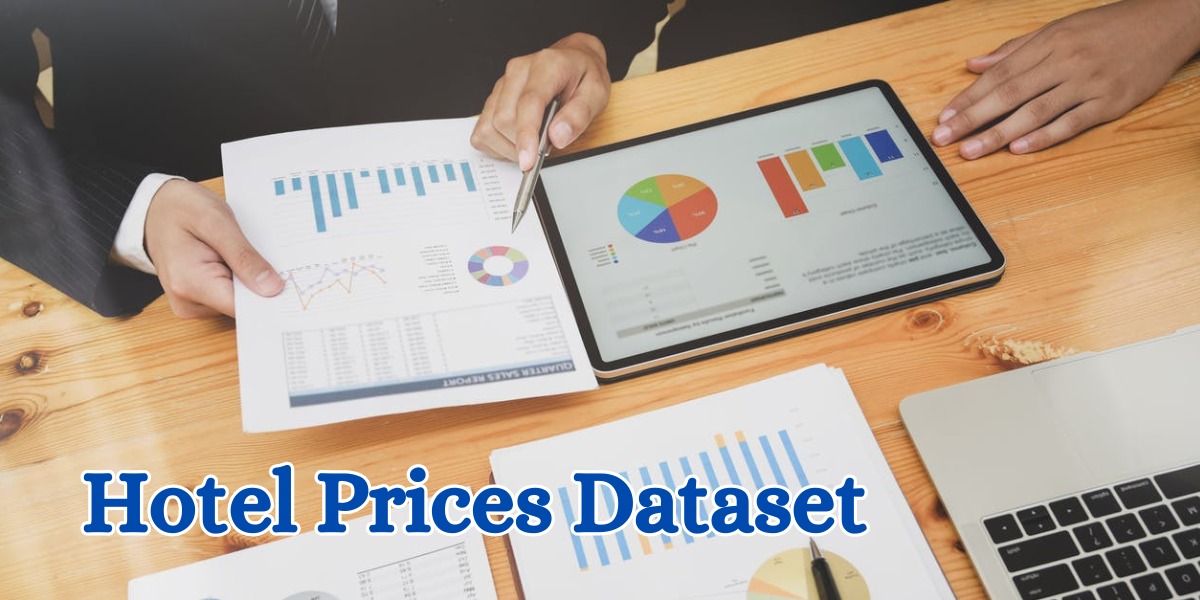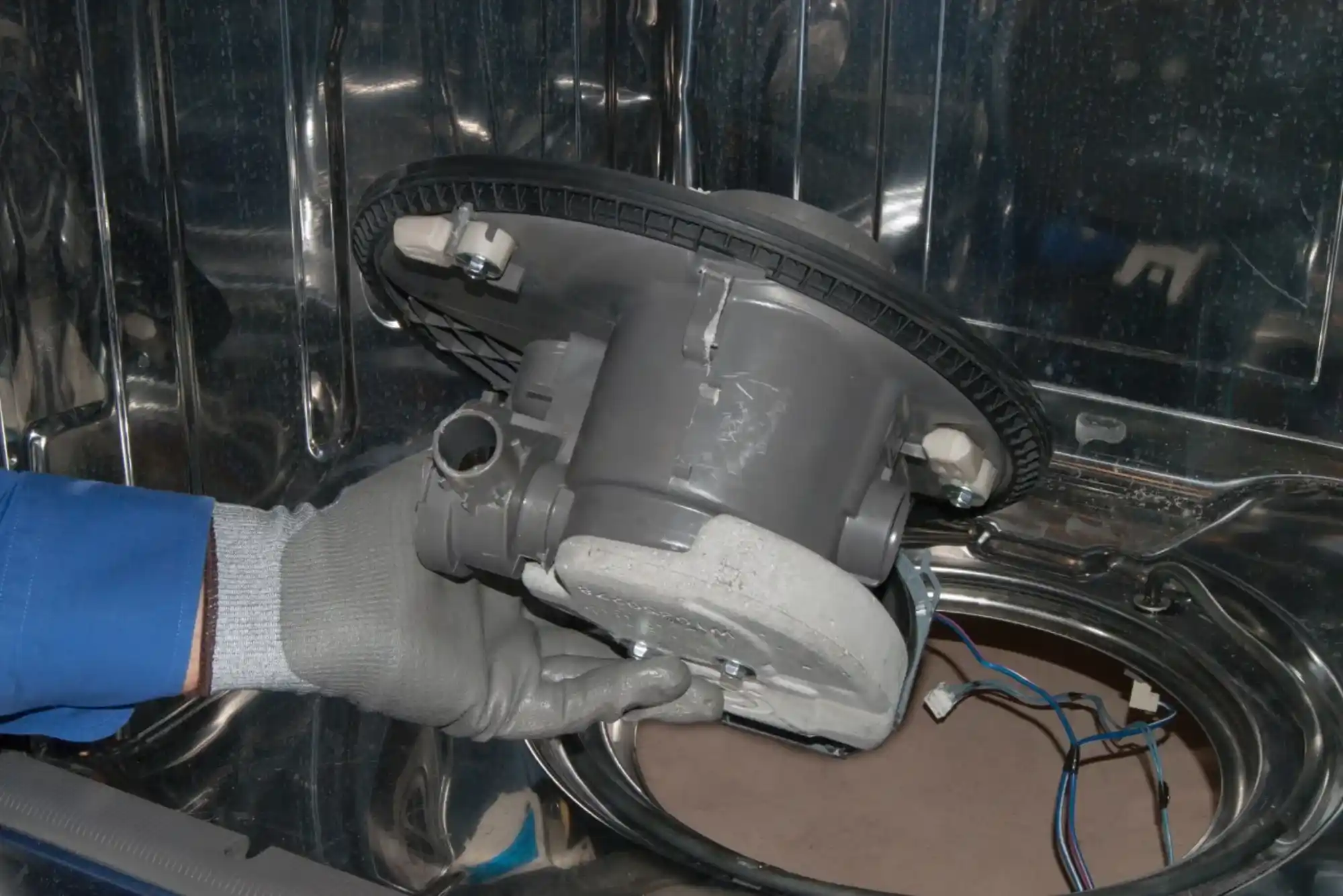In today’s rapidly changing travel landscape, having access to data-driven insights is crucial for both travelers and hoteliers. The Hotel Prices Dataset is a valuable resource that offers a comprehensive view of pricing trends, patterns, and strategies within the hospitality industry. In this article, we delve into the world of hotel pricing, utilizing this dataset to gain a deeper understanding of the factors that affect room rates and how this information can be leveraged for making informed decisions.
Understanding the Hotel Prices Dataset
What Is the Hotel Prices Dataset?
The Hotel Prices Dataset is a rich collection of data that encompasses pricing information from various hotels worldwide. It includes data on room rates, occupancy rates, and other factors that influence pricing decisions. This dataset is a treasure trove of information for anyone interested in the dynamics of the hotel industry.
Sources and Data Collection
The dataset is compiled from various sources, including hotel management systems, online booking platforms, and government records. It is continually updated to reflect the latest trends and changes in the hospitality sector.
Key Insights from the Dataset
Seasonal Price Fluctuations
Hotels adjust their rates based on seasonal demand. Analyzing the dataset reveals predictable fluctuations in prices during peak holiday seasons, which can help travelers plan their trips strategically to secure better deals.
Geographic Pricing Differences
Location plays a significant role in determining hotel prices. The dataset highlights disparities in pricing between urban and rural areas, helping travelers make budget-conscious choices.
Booking Lead Time
The dataset showcases the relationship between the lead time for booking and pricing. Longer lead times often result in better rates, making it essential to plan.
Hotel Category and Pricing
Different categories of hotels, from budget to luxury, exhibit distinct pricing strategies. Understanding these variations can aid travelers in selecting accommodations that align with their preferences and budgets.

Analyzing Competitive Strategies
Competitor Pricing Analysis
By comparing hotel prices with those of competitors in the same area, hoteliers can fine-tune their rates to remain competitive. The dataset offers valuable insights into this aspect of pricing strategy.
Dynamic Pricing Algorithms
Many hotels employ dynamic pricing algorithms that adjust rates based on factors like occupancy, demand, and local events. This approach is dissected through the dataset, revealing the complexity of modern pricing strategies.
The Power of Data-Driven Decisions
Empowering Travelers
For travelers, this dataset is a tool for securing the best deals and optimizing their hotel choices based on their preferences and budget.
Supporting Hoteliers
Hoteliers can leverage this data to refine their pricing strategies, attract more customers, and maximize revenue.
The Hotel Prices Dataset is an invaluable resource that sheds light on the intricate world of hotel pricing. Whether you’re a traveler seeking the best deals or a hotelier striving for success in a competitive industry, this dataset is your key to making informed decisions. By understanding the trends and insights it offers, you can navigate the hospitality landscape with confidence.
Mama Machi
“Mama Machi” is a term that may refer to a variety of things depending on the context. In some cases, it could be a colloquial term for a local or family-run business, often used in certain regions to describe a small, quaint shop or eatery. However, it’s essential to note that “Mama Machi” doesn’t have a universal definition, and its meaning may vary based on the cultural and regional nuances in which it is used.





















